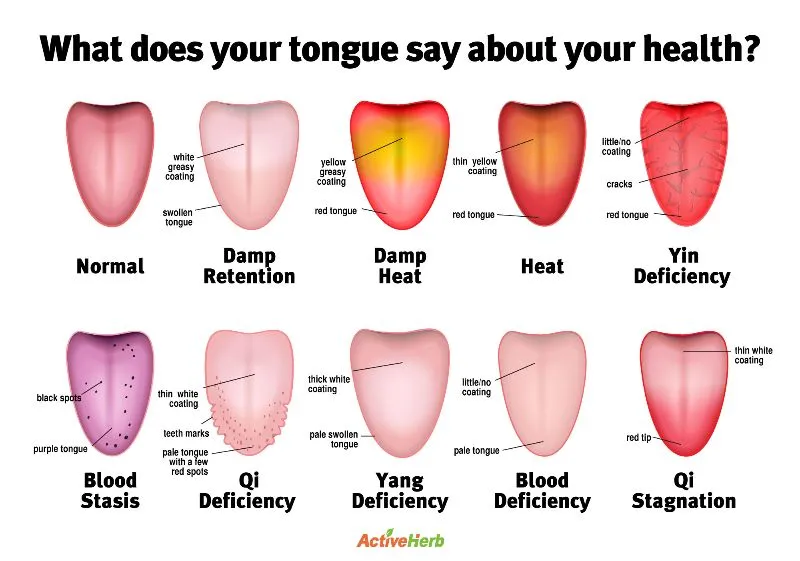Acupuncturists taking advantage of ACC claims
Daniel Ryan - 15th August 2022
One of the more controversial treatments the Accident Compensation Corporation (ACC) currently pays out for is acupuncture. This is controversial partly because of the lack of clinical evidence for acupuncture’s efficacy, a fact that ACC has admitted in a past meeting.
In the case of acupuncture, there is a common-sense restriction that practitioners cannot diagnose patients and make ACC claims. Only qualified health providers are able to do this, and with good reason. Many acupuncturists, including New Zealand’s regulatory bodies, believe that sticking needles into someone to realign their flow of “Qi” can treat pretty much any medical condition under the sun.
Once ACC approves a claim, a patient is free to claim for up to 12 (this was 16 last year) acupuncture sessions. It is not necessary to be referred for these services; a patient is free to ignore their health provider’s advice, along with science’s current understanding that acupuncture does not work, and instead choose to visit an acupuncturist to treat their injury.
Acupuncturists are able to pick and choose which of the ACC-covered injuries they want to treat and how to treat them - all a patient needs for this is the ACC claim number for their injury, supplied to them by a qualified healthcare professional. For example, The Acupuncture Clinic in Masterton discusses a scenario where treatment of Post Concussion Syndrome (mild traumatic brain injury) with acupuncture is covered under ACC. The Nelson Shinkyu Acupuncture Clinic tells its patients that both Japanese stomach diagnosis and tongue diagnosis (a method of diagnosing diseases by visual inspection of the tongue) are covered under ACC - even though acupuncturists shouldn’t be diagnosing patients under ACC cover.

One of acupuncture’s two regulatory bodies, Acupuncture NZ, does little to remind its members of the limits of what they can treat:
“Because Acupuncture and Chinese Medicine is a complete health care system, there is very little that does not benefit from a course of acupuncture, herbal medicine or a combination of both.”
Now that the Chinese medicine profession is under the Health Practitioners Competence Assurance (HPCA) Act, the newly formed Chinese Medicine Council will soon take responsibility for acupuncture. It’s unknown if this will help legitimise acupuncture and increase pseudoscientific spending by the government.
Interestingly, it appears that some acupuncturists have found a creative way to minimise the onus of the ACC limitation where they can’t submit a claim form. By hiring registered nurses, physiotherapists and osteopaths, some businesses can now have their staff submit an ACC claim without the patient needing to visit a doctor. Newtown Acupuncture provides an in-house nurse who can register injuries with ACC. Physio Absolute, Axon Physio & Acupuncture and Body Logic allow you to visit their in-house physiotherapist or osteopath who will register your injury with ACC.
Many acupuncturists work under physiotherapists, chiropractors or osteopaths - all of whom are able to submit an ACC claim, which the acupuncturist can then use to subsidise a patient’s visit. This is often advertised with words like “no referrals needed” or “no GP referral required”.
Given the lack of good quality evidence for acupuncture, there are important questions to be asked about whether the government should be paying money for it. Simply following evidence-based recommendations would substantially reduce the government’s nearly $50 million yearly spending on unproven acupuncture treatments - money that, especially in the current economic climate, would be better spent elsewhere.